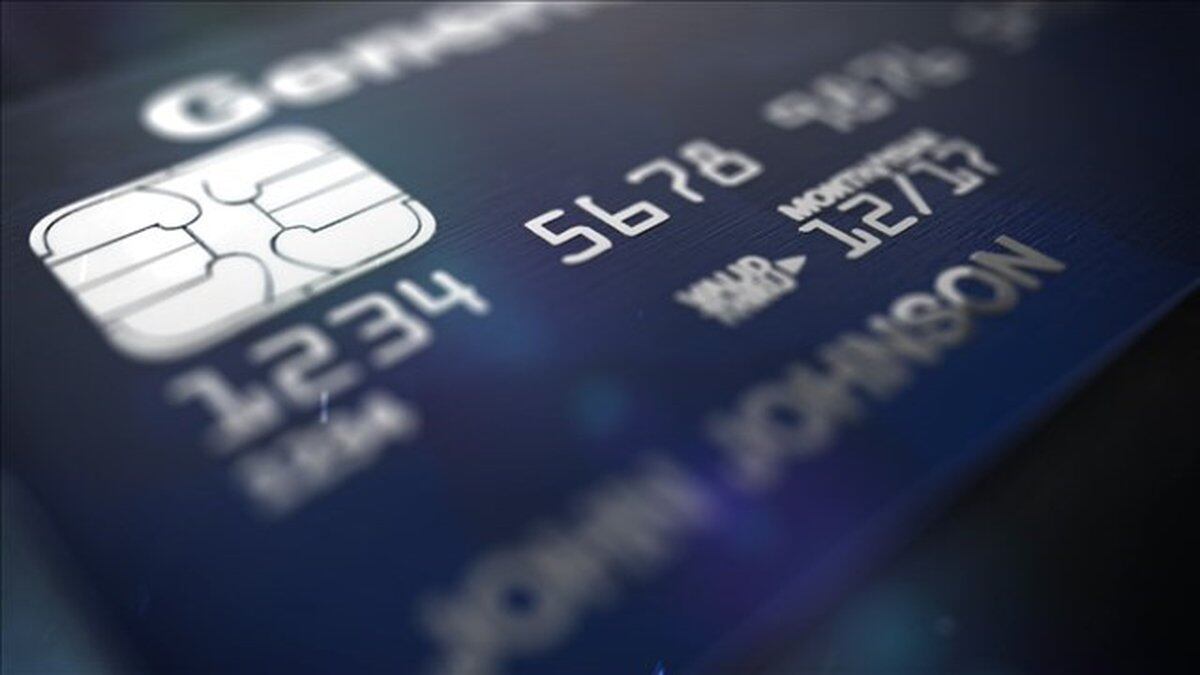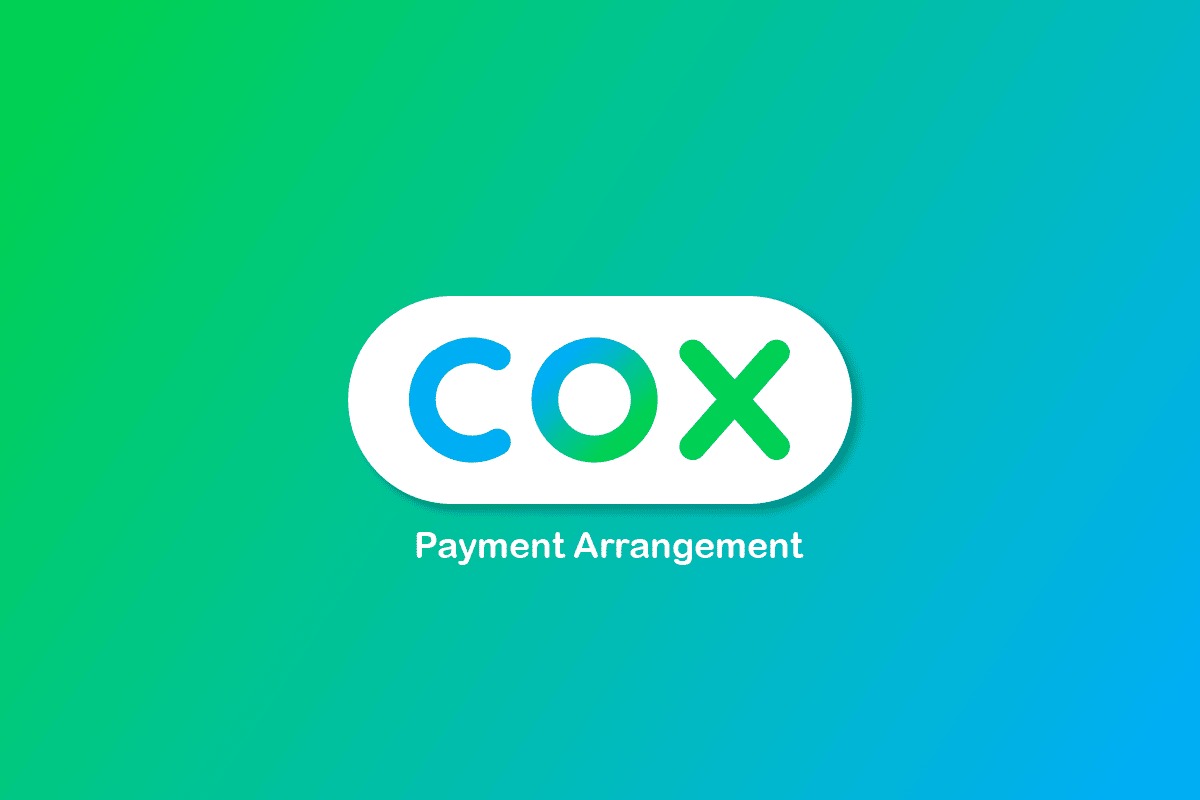

Finance
How Much Is A Credit Card Late Fee
Modified: March 1, 2024
Looking to avoid financial penalties? Find out how much credit card late fees can cost you and take control of your finances. Learn more about managing your finances effectively.
(Many of the links in this article redirect to a specific reviewed product. Your purchase of these products through affiliate links helps to generate commission for LiveWell, at no extra cost. Learn more)
Table of Contents
Introduction
Welcome to our comprehensive guide on credit card late fees. In today’s fast-paced world, credit cards have become an integral part of our financial lives, allowing us to make purchases, manage expenses, and enjoy various rewards. However, it’s essential to understand that failing to make timely credit card payments can lead to costly consequences, including late fees.
Late fees are charges imposed by credit card issuers when cardholders fail to make the minimum payment or miss the due date. These fees can quickly add up, impacting your financial health and credit score. It’s crucial to be aware of the factors that influence late fees, the calculation methods, and strategies to avoid them.
In this article, we will explore the factors that determine credit card late fees, discuss common charges, and explain how late fees are calculated. We will also provide you with valuable tips on avoiding late fees and detail the potential consequences of credit card late payments. Additionally, we will guide you on how to dispute a credit card late fee in case you believe it has been incorrectly applied. By the end of this guide, you will have a thorough understanding of credit card late fees and be able to manage them effectively.
Factors influencing credit card late fees
Several factors can influence the amount of credit card late fees imposed by issuers. Understanding these factors can help you better manage your credit card payments and avoid unnecessary charges. Let’s explore some of the key factors:
- Payment due date: The due date is the deadline by which you must make at least the minimum payment on your credit card. Making a late payment, even by a single day, can result in a late fee. The due date is typically specified on your credit card statement, and it’s crucial to mark it on your calendar or set up reminders to ensure timely payments.
- Minimum payment amount: Missing even the minimum payment can lead to late fees. The minimum payment is the smallest amount you’re required to pay each month to keep your account in good standing. It’s usually a percentage of your outstanding balance, typically around 1-3%. It’s important to note that while paying the minimum amount can help you avoid late fees, it’s advisable to pay off your balance in full whenever possible to avoid accruing interest.
- Grace period: A grace period is the time period between the due date and when the late fee is imposed. Some credit card issuers provide a grace period, typically ranging from 21 to 25 days, during which you can make your payment without incurring any late fees. However, it’s essential to review the terms and conditions of your credit card to understand if a grace period applies and how it works.
- Account status: Credit card issuers may consider your account history and payment behavior when determining late fees. If you have a history of consistent late payments or defaulting on payments, you may be charged higher late fees. Maintaining a positive payment history can help mitigate the risk of significant late fees.
- Credit card type: Different credit card types may have varying late fee structures. Some credit cards may have lower late fees, while others may impose higher charges. It’s essential to review the terms and conditions of your specific credit card to understand the late fee policy.
These are just a few of the factors that can influence the amount of credit card late fees. It’s crucial to be aware of these factors and be proactive in managing your credit card payments to avoid unnecessary charges. In the next section, we will discuss the common late fee charges imposed by credit card issuers and the methods used to calculate them.
Common late fee charges
Credit card issuers impose various late fee charges when cardholders fail to make their payments on time. These fees can vary depending on the credit card issuer, the specific terms and conditions of the card, and the outstanding balance. Let’s take a look at some of the common late fee charges you may encounter:
- Flat Fee: This is the most straightforward type of late fee charge. With a flat fee, the credit card issuer sets a specific amount to be charged when a payment is late. For example, a credit card may have a flat late fee of $35. Regardless of the outstanding balance, if the payment is received after the due date, the cardholder will be charged $35.
- Percentage of Balance: Some credit card issuers charge a late fee that is a percentage of the outstanding balance. For example, if the late fee is 3% of the balance and the balance is $1,000, the late fee would amount to $30. This type of late fee can increase significantly if you have a larger outstanding balance.
- Tiered Late Fees: In certain cases, credit card issuers may have a tiered late fee structure. This means that the late fee amount increases based on the number of late payments within a specific period. For example, the first late payment may incur a $25 fee, the second late payment within a six-month period may incur a $35 fee, and subsequent late payments may have even higher fees.
- Graduated Late Fees: Some credit card issuers have a graduated late fee structure, where the amount of the fee increases based on the outstanding balance. For instance, if the balance is below $100, the late fee may be $20. However, if the balance is between $100 and $500, the fee may increase to $30, and if the balance exceeds $500, the fee may be $40 or more.
It’s important to be aware of the specific late fee charges associated with your credit card. Understanding how your credit card issuer calculates late fees can help you plan your payments effectively and avoid unnecessary charges. In the next section, we will discuss the different methods used to calculate credit card late fees.
Late fee calculation methods
Credit card late fees are typically calculated using a specific method outlined in the terms and conditions of your credit card agreement. Understanding how late fees are calculated can help you anticipate the charges and plan your payments accordingly. Let’s explore some of the common methods used to calculate credit card late fees:
- Flat late fee: Some credit cards have a fixed amount charged as a late fee, regardless of the outstanding balance. For example, if the late fee is $25, it will be applied if the payment is received after the due date, regardless of the outstanding balance.
- Percentage of payment: With this method, the late fee is calculated as a percentage of the minimum payment or the entire outstanding balance. For example, if the late fee is 5% of the minimum payment, and the minimum payment is $50, the late fee would be $2.50. If the late fee is 2% of the outstanding balance of $1,000, the late fee would amount to $20.
- Tiered late fee: Some credit cards have a tiered late fee structure, where the late fee amount increases based on the number of late payments within a specific period. For instance, the first late payment may incur a $25 fee, the second late payment within a six-month period may incur a $35 fee, and subsequent late payments may have even higher fees.
- Grace period expiration: In some cases, credit card issuers may impose a late fee if the payment is not received within a specified period after the due date. For example, if your credit card has a 10-day grace period, and the payment is not received by the 10th day after the due date, a late fee will be applied.
It’s important to review the terms and conditions of your specific credit card to understand how late fees are calculated. Knowing the calculation method can help you plan your payments effectively and avoid unnecessary charges. In the next section, we will discuss strategies to avoid credit card late fees altogether.
Strategies to avoid credit card late fees
Credit card late fees can be frustrating and costly, but with proper planning and organization, you can avoid them. Here are some strategies to help you steer clear of credit card late fees:
- Create a payment schedule: Set up a system to keep track of your credit card due dates. Create a monthly payment schedule or use reminders on your smartphone or calendar to ensure you never miss a payment.
- Automate your payments: Consider setting up automatic payments for your credit cards. This way, your minimum or full payment will be deducted from your bank account on the due date, eliminating the risk of forgetting to make the payment on time. However, make sure you have enough funds in your account to cover the payment.
- Pay on-time, every time: Make it a priority to pay your credit card bill on time and in full. Late payments not only incur fees but can also negatively impact your credit score. Set reminders or use alerts to notify you when your payment is due.
- Consider payment options: If you’re having trouble making a full payment, consider paying the minimum amount due or contacting your credit card issuer to discuss other payment options. While paying the minimum won’t avoid interest charges, it can help you avoid late fees.
- Review your statements: Carefully review your credit card statements each month to ensure accuracy. Look for any discrepancies or additional charges that could lead to late fees. If you notice any issues, contact your credit card issuer immediately for clarification.
- Take advantage of grace periods: If your credit card offers a grace period, utilize it to your advantage. Make sure to understand the specific terms and conditions of the grace period, including the length and any requirements.
- Plan for emergencies: Unexpected events can sometimes lead to financial difficulties. It’s important to have an emergency fund in place to cover unexpected expenses, so you don’t find yourself in a situation where you’re unable to make your credit card payments.
By implementing these strategies and being proactive with your credit card payments, you can minimize the risk of late fees and maintain a healthy financial profile. In the next section, we will discuss the potential consequences of credit card late payments.
Consequences of credit card late payments
Late payments on credit cards can have significant consequences that go beyond just the imposition of late fees. It’s crucial to understand the potential ramifications to maintain healthy financial habits. Here are some of the consequences of credit card late payments:
- Late fees: The most immediate consequence of a late payment is the imposition of late fees. These fees can range from a fixed amount to a percentage of the outstanding balance and can quickly add up, increasing your financial burden.
- Increased interest rates: In addition to late fees, credit card issuers have the right to increase your interest rates if you consistently make late payments. This can result in higher finance charges, making it more challenging to pay off your credit card balance.
- Negative impact on credit score: Late payments can have a detrimental effect on your credit score. Payment history is a crucial factor in calculating your credit score, and consistently making late payments can lower it significantly. A lower credit score can make it difficult to qualify for loans, secure favorable interest rates, or even rent an apartment.
- Limited access to credit: Late payments can also affect your ability to obtain new credit. When applying for a loan or a new credit card, lenders may view your late payment history as a sign of financial irresponsibility, making them hesitant to extend credit to you.
- Collections and legal action: If late payments persist, the credit card issuer may eventually send your account to collections or pursue legal action to recover the outstanding balance. This can result in further damage to your credit score and potentially lead to wage garnishment or asset seizure.
It’s critical to understand the consequences of credit card late payments and take proactive measures to avoid them. By making timely payments and maintaining a good payment history, you can preserve your financial health and protect your creditworthiness. In the next section, we will discuss how to dispute a credit card late fee if you believe it has been incorrectly applied.
How to dispute a credit card late fee
If you believe that a credit card late fee has been erroneously applied to your account, you have the right to dispute it. Here are the steps you can take to dispute a credit card late fee:
- Review your billing statement: Carefully review your credit card statement to ensure that the late fee has indeed been incorrectly applied. Check the due date, payment amount, and any other relevant details.
- Contact customer support: Reach out to your credit card issuer’s customer support department either by phone or through their online portal. Explain the situation and provide them with specific information regarding the disputed late fee.
- Document your communication: Keep detailed records of all your communications with the credit card issuer, including the date, time, and the name of the representative you spoke to. This will be valuable if you need to escalate the dispute.
- Provide supporting evidence: If you have any evidence that supports your claim, such as proof of payment or documentation showing that the payment was made on time, gather and submit it to the credit card issuer. This could include bank statements or payment confirmation emails.
- Follow up: If the credit card issuer does not resolve the dispute to your satisfaction, escalate the issue by speaking with a supervisor or filing a formal complaint. Many issuers have a formal dispute resolution process that you can follow.
- Contact regulatory authorities: If all else fails, you can file a complaint with the relevant regulatory authorities, such as the Consumer Financial Protection Bureau (CFPB) or the Office of the Comptroller of the Currency (OCC).
It’s important to remain calm and persistent throughout the dispute resolution process. Keep in mind that providing clear and concise evidence of your claim will strengthen your case. Remember to document all your interactions and follow up regularly until the dispute is resolved.
By taking these steps, you can increase your chances of successfully disputing a credit card late fee that you believe to be incorrect. In the next section, we will summarize the key points discussed in this guide.
Conclusion
In conclusion, credit card late fees can be a nuisance and have a negative impact on your financial health. Understanding the factors that influence late fees, common fee charges, and how they are calculated can empower you to make informed decisions and avoid unnecessary expenses. By implementing strategies like creating a payment schedule, automating payments, and reviewing your statements, you can stay on top of your credit card payments and minimize the risk of late fees.
It’s important to remember that late payments can have consequences beyond just the imposition of late fees. Late payments can result in increased interest rates, damage to your credit score, limited access to credit, and even collections or legal action. Maintaining a positive payment history is vital for your financial well-being.
If you believe that a credit card late fee has been incorrectly applied, you have the right to dispute it. Take the necessary steps to communicate with your credit card issuer, provide supporting evidence, and escalate the dispute if needed. Remember to keep records of your interactions and follow up diligently throughout the dispute resolution process.
By managing your credit card payments responsibly, staying organized, and understanding your rights as a cardholder, you can not only avoid credit card late fees but also maintain a healthy financial profile. Make timely payments, stay proactive, and strive for financial well-being.














